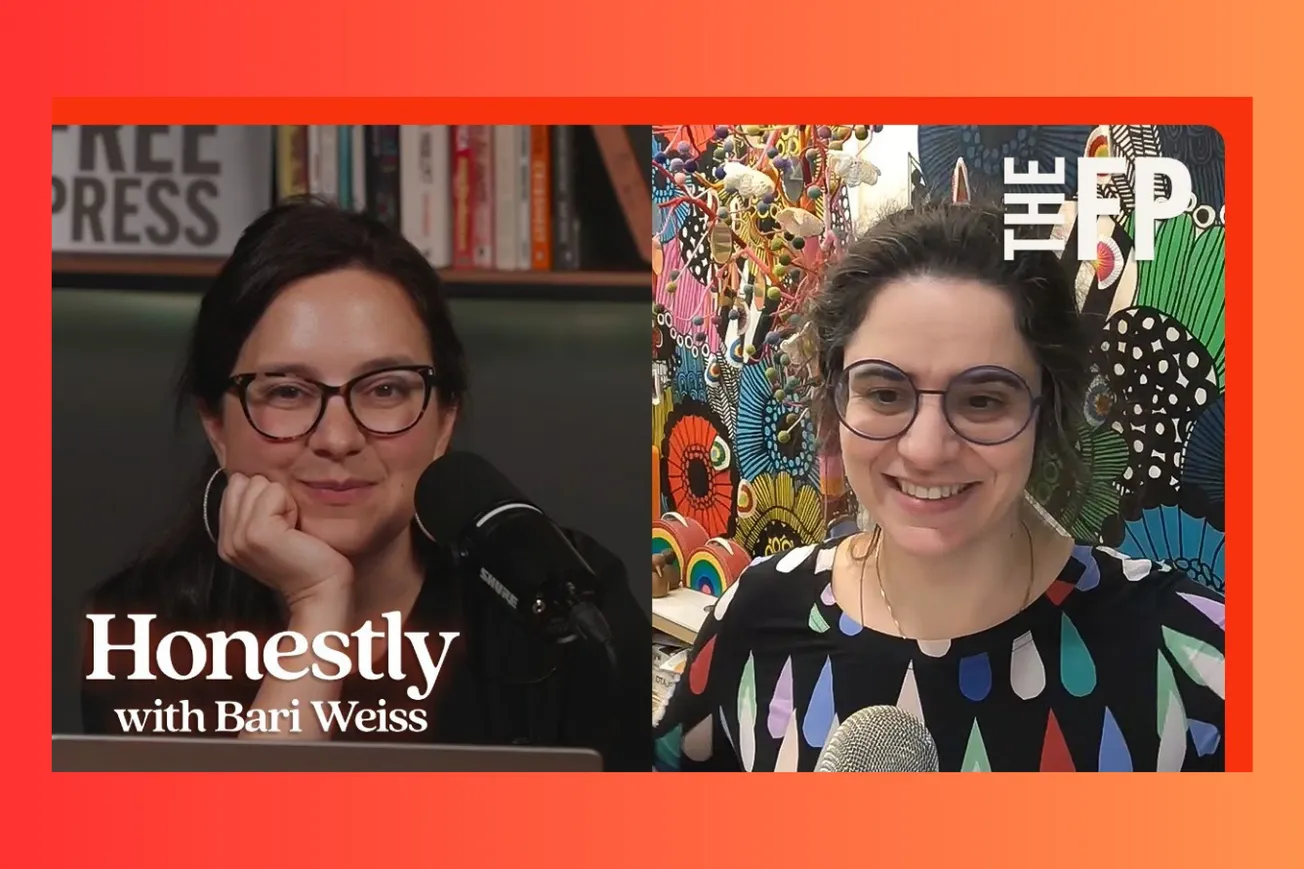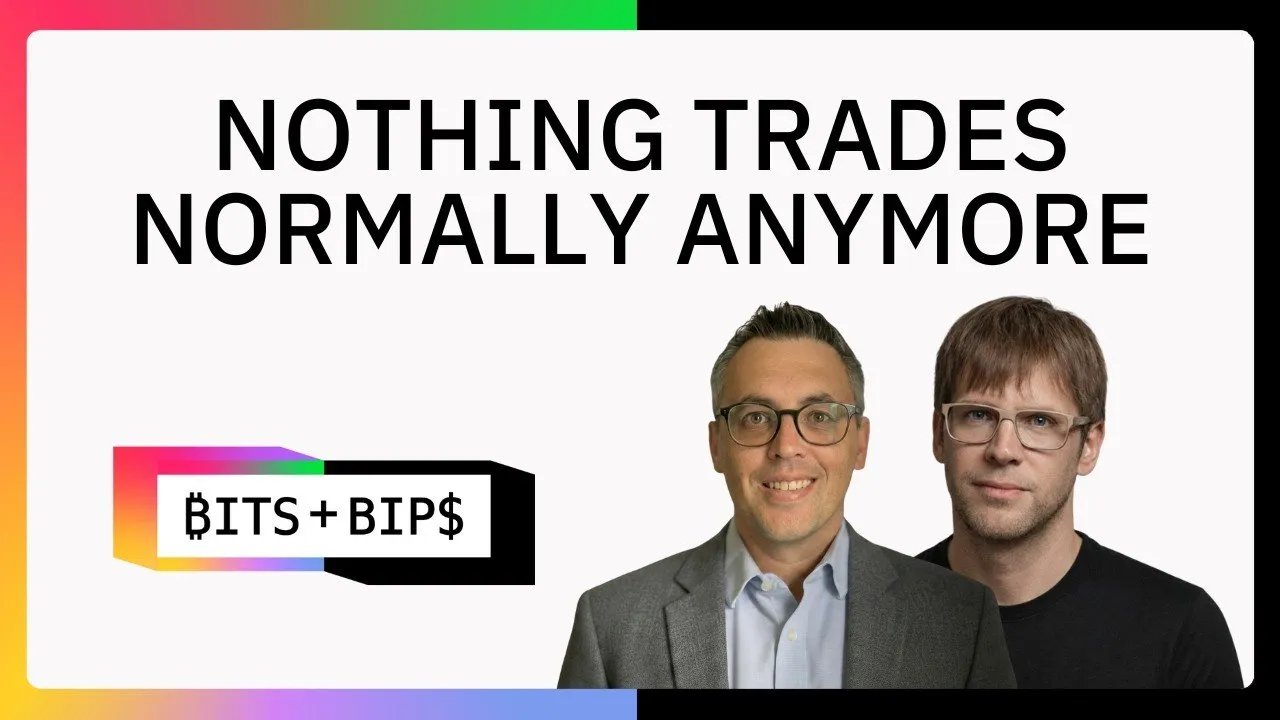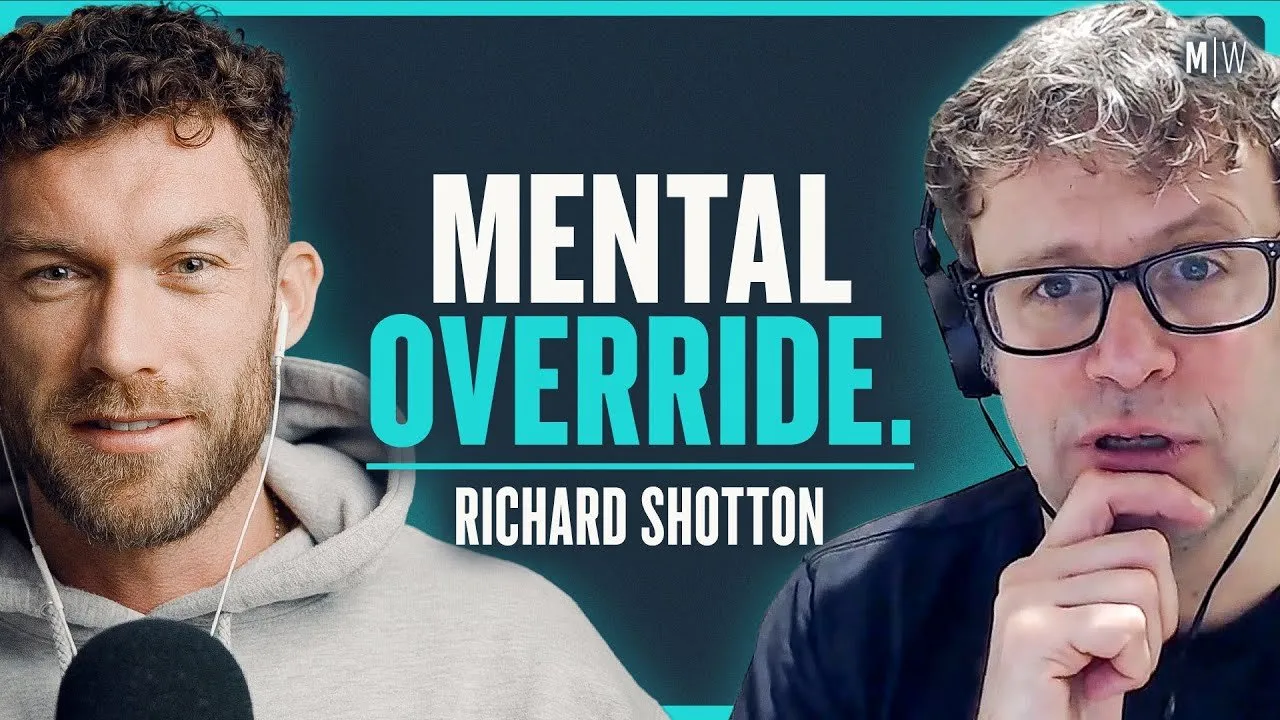Table of Contents
Agnes Callard's unconventional living arrangement and philosophical approach to love challenges everything we think we know about marriage, divorce, and the examined life.
Philosophy professor Agnes Callard lives with her current husband Arnold, her ex-husband Ben, and their three sons—all while maintaining careers at the University of Chicago philosophy department.
Key Takeaways
- Love is not consensual but transcendent, asking partners to be more than one person can ever be for another
- Marriage serves as preparation for divorce, testing whether couples can remain kind during worst circumstances
- The examined life requires philosophical inquiry into relationships, using tools like conversation menus for deeper connection
- Aspiration involves acquiring new values through rational processes, not just achieving predetermined goals
- Social creatures need others to become their fullest selves, contradicting enlightenment notions of individual autonomy
- True love means wanting to be loved for who you could become, not just who you are
- Living Socratically means approaching life as an ongoing inquiry rather than assuming you know how to live
- Philosophy provides training in articulating previously unspoken thoughts and pushing conversational boundaries
The Nature of Romantic Love
Agnes Callard defines romantic love as fundamentally non-consensual and transcendent. Unlike sexual consent, romantic love involves falling into something beyond our control. She describes it as "a relation to another person where we kind of ask them to be more than really one other person can ever be for us." This transcendent quality explains why love often feels like physical illness—you experience something too big for the subject experiencing it.
The aspirational character of love creates an ideal state where partners feel like the best version of themselves. Callard recalls falling in love with Arnold: "I felt like the entire world had organized itself for our pleasure and enjoyment. Like I would be walking along the street and I would want a croissant and there'd be a croissant shop there."
The Socratic Marriage Model
Callard's approach to marriage reflects her philosophical training. She views marriage as "preparation for divorce"—not because divorce is inevitable, but because it tests whether love survives worst-case scenarios. The question becomes: when circumstances force anger and conflict, can couples remain kind, fair, and considerate rather than cruel?
This philosophy informed her radical honesty when she fell in love with student Arnold while married to Ben. Rather than hiding the affair or pursuing traditional routes, she immediately told her family and Ben. Her principle: "If you're in a very tricky situation, morally tricky, very unusual for you, then the thing to do is just be very open with everyone."
Ben's response exemplified their philosophical approach. After initial resistance, he called the next morning saying she was right about pursuing divorce. They shared a single lawyer and divorced within three weeks.
Living Together After Divorce
The most striking aspect of Callard's story is the post-divorce living arrangement. Initially, Ben would join Agnes and Arnold for dinners during his custody days. The arrangement felt natural enough that when Agnes became pregnant with her third child, they decided to live together permanently.
"I think the best thing you can give your kid is siblings," Callard explains. She wanted her third son to have the same bond with his half-brothers that comes from living together. Twelve years later, the arrangement continues working.
Their philosophical training enables this unconventional setup. All three are University of Chicago philosophy professors who regularly engage in intellectual debates—like arguing about Turing's paper on artificial intelligence while Arnold makes coffee in his office.
Philosophy as Life Practice
Callard's philosophical approach extends beyond academic work into daily relationship management. She creates conversation menus for dinner dates with Arnold, listing potential discussion topics. While others find this alienating, she argues most conversations "don't go anywhere because people don't take any effort to make them go anywhere."
Philosophy provides "training in pushing the boundaries of what we can talk about" and "learning to articulate things that you might have thought could go without saying." This skill enabled navigating their complex relationship dynamics when others insisted such arrangements were impossible.
Aspiration Versus Ambition
In her book "Open Socrates," Callard distinguishes aspiration from ambition. Ambition involves pursuing clear goals—specific net worth, job titles, or power levels. Aspiration means "trying to acquire new values" through "the rational process of value acquisition."
When she left Ben for Arnold, Callard sensed intellectual constraints but couldn't articulate specific goals. "I only had this inkling that my intellectual life was somehow constrained as it was and I need to think about things in a slightly more open way." The aspiration led to becoming a public intellectual, though that wasn't a conscious goal initially.
She believes women tend toward greater aspiration than men, potentially explaining why women initiate more divorces and why lesbian couples have the highest divorce rates.
The Social Nature of Self-Development
Contradicting feminist emphasis on individual empowerment, Callard argues "thinking is not something you do by yourself." Her intellectual development depended heavily on Ben's patient questioning during graduate school, helping her articulate unclear thoughts.
"Our sense of possibility is partly bounded by the people around us," she explains. Without Ben, she might not have stayed in philosophy. Without Arnold, she might not have become a public intellectual with her distinctive colorful wardrobe and yarn-covered office decorations.
This social dependence reflects critique of "enlightenment individualism." We're "not very good at thinking" or "figuring out what we want" independently. Most oppression comes from internalized social forces rather than external constraints.
Socratic Living
Living Socratically means "not as though you know how to live it, but as though you're still figuring that out." Callard has never met anyone who demonstrably knows how to live, yet most people resist accepting this ignorance.
The Socratic approach requires using relationships instrumentally—being likable so people will engage in meaningful conversations. Without substantive discussion, social connections become pointless.
She addresses criticism that examined lives lead to depression by noting she's never heard stories of groups becoming miserable through collaborative philosophical inquiry. Individual isolation during examination causes problems, not the examination itself.
Love and Self-Transformation
Callard challenges romantic notions about being loved "for who you are." Instead, "we want to be loved for who we could be" where that potential grows from current identity. Love requires relationships where partners don't simply placate each other but provide honest feedback for growth.
Her relationship with Arnold opened possibilities for "radical change, becoming a wholly other person." This wasn't about trading affections but enabling fundamental transformation for all three people involved—herself, Ben, and Arnold.
Common Questions
Q: How do you know if you're truly in love versus infatuated?
A: Love involves asking someone to be more than humanly possible while feeling transcendent yourself.
Q: Can marriage survive philosophical examination?
A: Examination strengthens marriages by creating deeper understanding and honest communication patterns.
Q: Is living with an ex-husband sustainable long-term?
A: Twelve years proves viability when all parties share philosophical commitment to growth.
Q: What makes someone highly aspirational?
A: Aspiration involves rationally acquiring new values rather than pursuing predetermined goals.
Q: How do you start living more Socratically?
A: Begin by admitting ignorance about how to live and engaging others in substantive conversations.
Callard's story demonstrates that examined relationships, however unconventional, can transcend ordinary social limitations when guided by philosophical principles. Her radical honesty and commitment to growth created possibilities that seemed logically impossible but proved socially achievable.





![This New Bitget Platform Changes the Game [Literally Gold]](/content/images/size/w1304/format/webp/2026/02/bitget-launches-universal-exchange-gold-usdt.jpg)